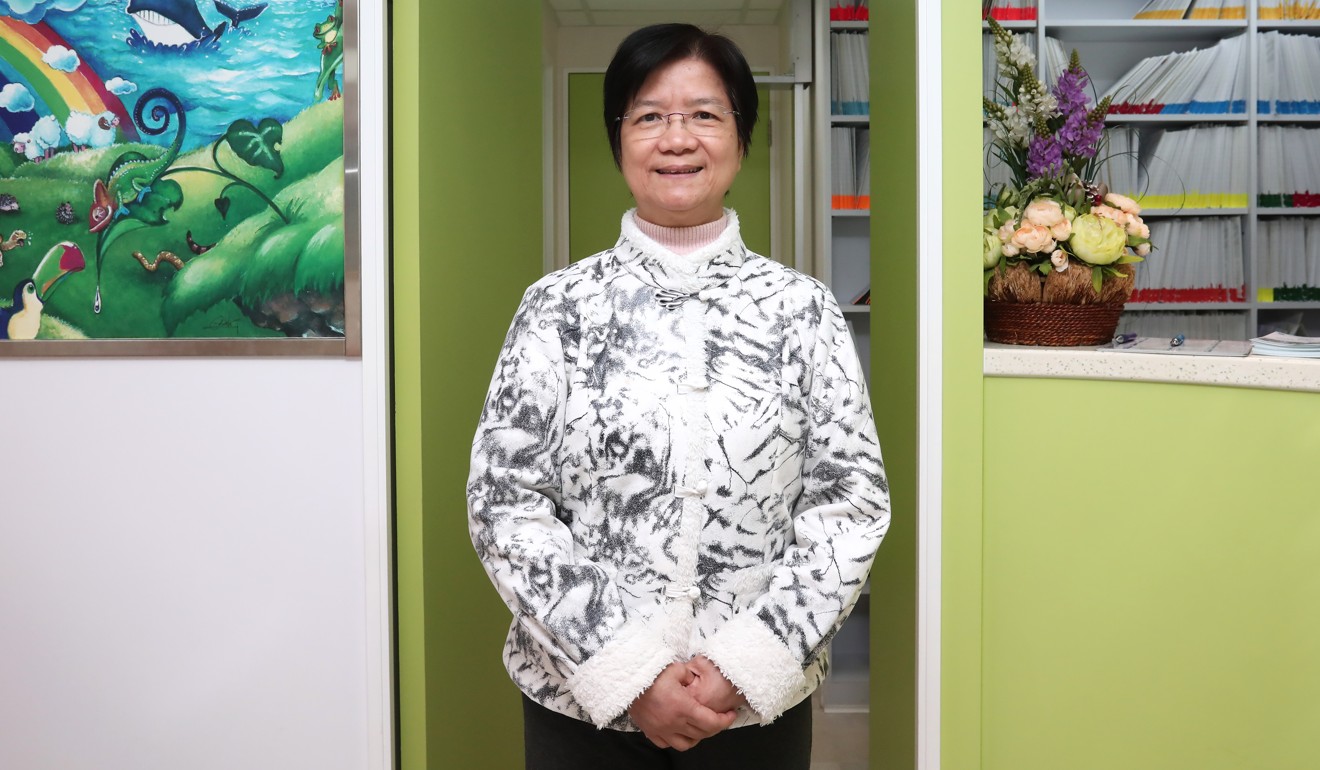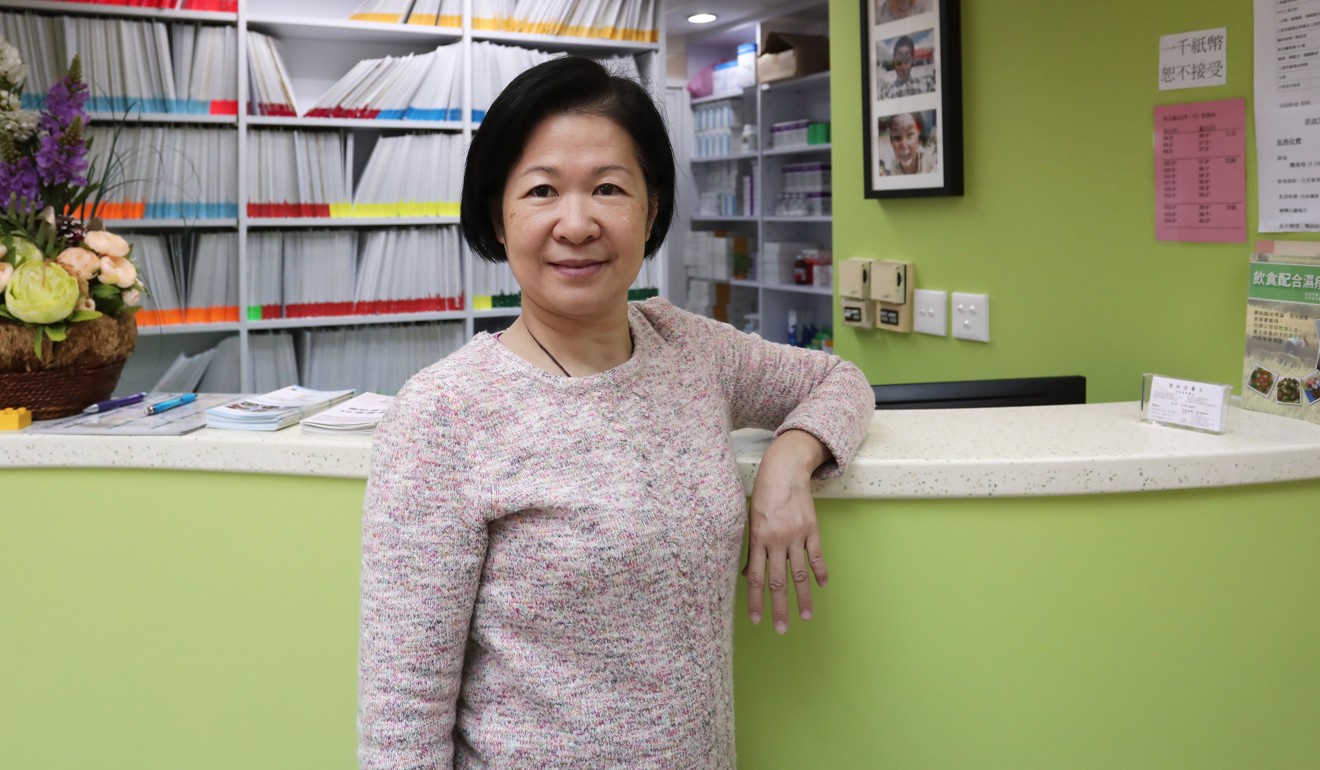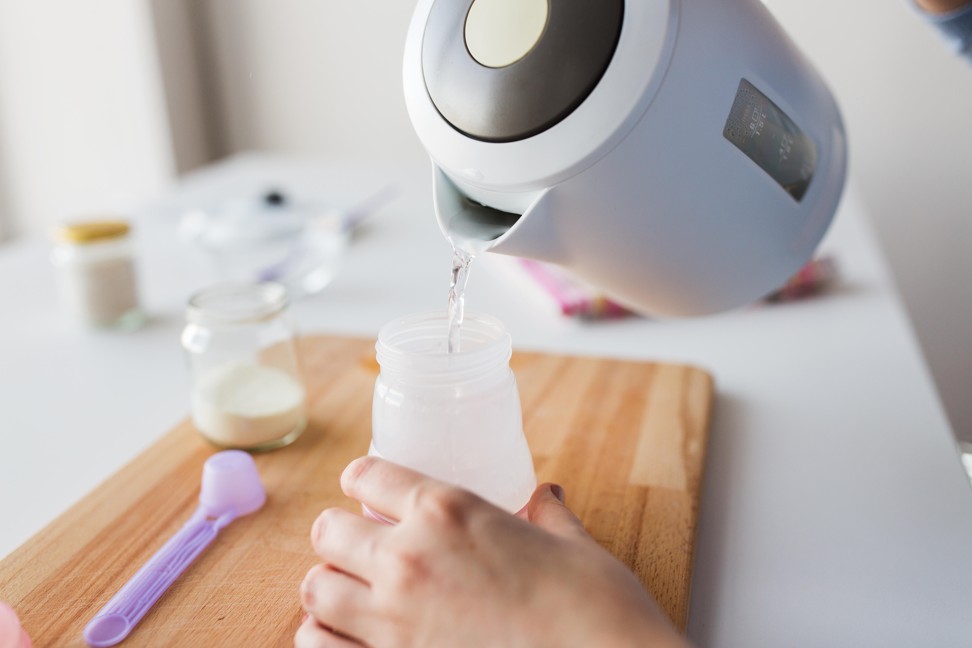
Breastfeeding in China and Hong Kong: experts tackle ignorance of mothers and doctors
La Leche League trains counsellors to counter myths and misinformation about breastfeeding in China, and would like to open a resource centre in Hong Kong where specialists can advise nursing mums who have problems

When Sophia Leung Suk-fong graduated from medicine in 1978 to become a paediatrician, the breastfeeding rate in Hong Kong had dropped to its lowest point – 5 per cent, down from 44 per cent 11 years earlier.
It wasn’t something that happened in Hong Kong, but a worldwide phenomenon thanks to powdered milk corporations giving the impression it was more healthier for the baby and convenient for the mother, she says.
“Some mothers would want to breastfeed, but nurses at the time didn’t have the knowledge to help mothers solve their breastfeeding problems so they resorted to powdered milk,” she recalls.
Since 1984, Leung has seen the number of Hong Kong mothers who have tried breastfeeding at least once start to rise. According to the latest available figures, from 2011, 83 per cent of Hong Kong women try breastfeeding at least once – though the number that persist with it is much lower.
Many Hong Kong mothers resort to using milk powder because of their short maternity leave of 10 weeks. Leung’s colleague Maggie Yu Yuen-ling, an internationally certified lactation consultant, observes the attitudes of young Hong Kong mothers.
“The mother wants freedom and wants to go back to work. They don’t want to be attached to the baby. When they are feeding they don’t really bond with their child – they’re looking at their smartphones,” Yu says.

The other problem is their workplaces don’t offer hygienic rooms for mothers to pump breast milk, or they don’t have time to do it. “All they need is a clean room that has a power outlet to plug in the pump and a refrigerator,” she says.
Hospitals and health care professionals lack the correct information … they just want to solve problems quickly … so many hospitals use milk formula as a solution
Another common issue is breast pain, usually caused by blocked ducts. “When they look online for ‘nipple pain’, they see that it’s a fungal infection, but that is not the case,” Leung says. “It’s actually blocked ducts and the problem can be relieved promptly by gentle massage, or even the positioning of the baby when breastfeeding.”
While about 100 nurses in Hong Kong hospitals are certified lactation consultants, they have a limited time to help new mothers breastfeed. Once the mothers leave the hospital, they cannot go back to the hospital to ask these nurses for help, and as a result don’t know where to turn for help. It also doesn’t help that less than a handful of Hong Kong doctors, Leung among them, have been certified as lactation consultants.

Yu is the first Cantonese-speaking member of the Hong Kong chapter of La Leche League, and about a decade ago helped set up the China chapter of the global charity that promotes breastfeeding.
For the past seven years she has criss-crossed China to train peer counsellors, which now number about 1,000.
“Our training [at La Leche League] is more Western-based; we empower women and give alternatives to mothers,” Yu says. “We had to adjust our training to be more culturally sensitive.”
Through the La Leche League, mothers gather regularly to talk about their problems and solutions with trained leaders. The biggest challenge, Yu says, is the misinformation about breastfeeding spread by the health care community.
“Hospitals and health care professionals lack the correct information, they don’t have the latest breastfeeding information,” she says. “They just want to solve problems quickly because of the lack of time, so many hospitals use milk formula as a solution, saying it’s ‘baby friendly’.”
The other issue Yu encounters is a cottage industry of women who claim to be experts in breast massage, and who create the perception they are necessary to help young mothers express milk. “This is completely incorrect because they don’t handle the breasts properly and can cause infections and injuries,” she says.
Yu remembers that when she first went to China in 2011, breast masseurs were popular. In less wealthy areas they even charged a few hundred yuan per session, while in cities they charged an average of 600 yuan.
“I’ve seen cases of these so-called masseurs who poked needles into the breast claiming it would help clear blockages in the ducts, but this can actually injure the breast and cause infections,” says Yu. “It’s hard to dispel this kind of misinformation when there isn’t enough professional breastfeeding support.”

Another issue is that Chinese mothers don’t trust hospitals and doctors in China, as they believe taking medicine will affect their breast milk quality, and wait until they have mastitis – an infection of the breast tissue which causes swelling – before getting medical attention.
Yu says Chinese mothers lack the confidence to know what is right for them and their babies.
“At home there are six people to look after the baby – the parents, and two pairs of grandparents. First-time mothers don’t know what to do and can’t analyse the problem, so they look up to their parents and in-laws because they perceive them to be more experienced. They usually say, ‘Breastfeeding is so difficult for you, so use milk powder instead.’”

In Hong Kong, meanwhile, Leung says more needs to be done to ensure mothers have enough resources to help them with breastfeeding, and hopes to establish a breastfeeding centre to offer them more advice.
“Lots of health care professionals don’t have specialised knowledge of breastfeeding and may not know there are lactation consultants like myself they can refer their patients to. So having this resource centre would be good to give mothers more specialised advice,” she says.
Yu says lots of women feel guilty when they can’t breastfeed, but most of the problems they encounter can be rectified with help from experts. “Our biggest encouragement is feedback from mothers,” she says. “When we’re able to help them, they are so happy.”